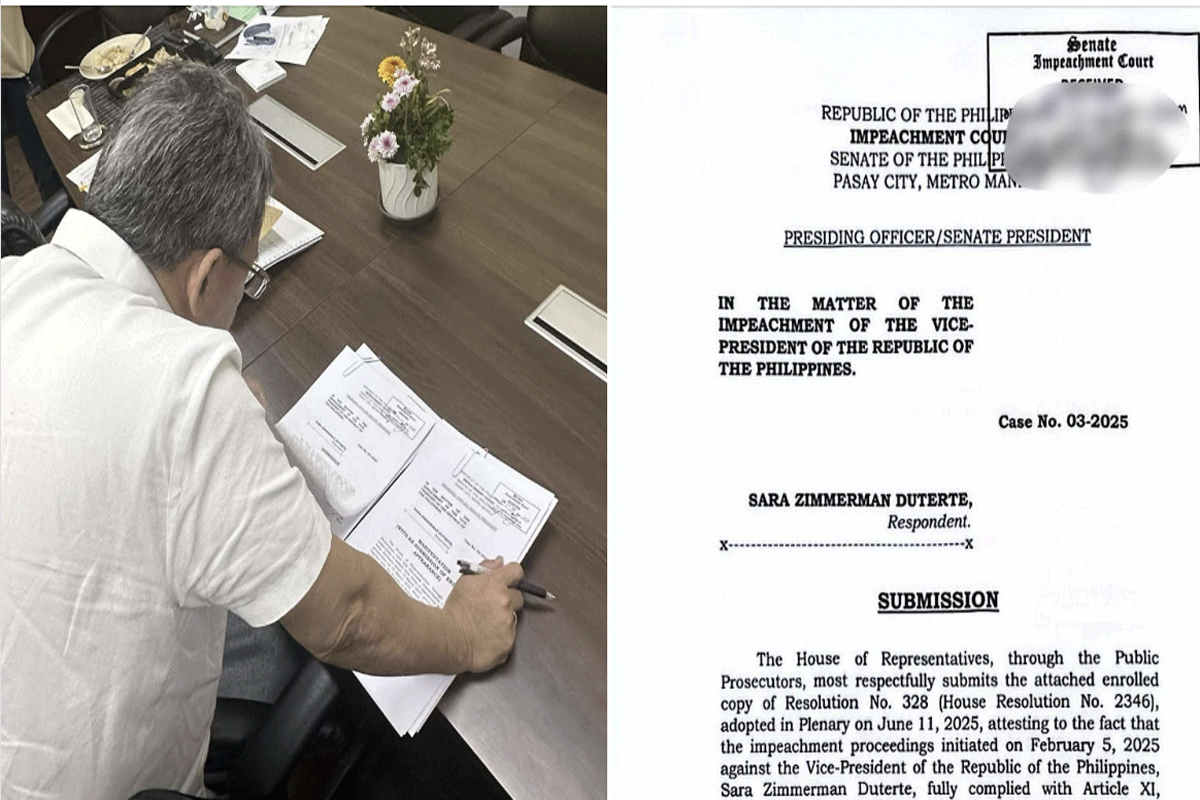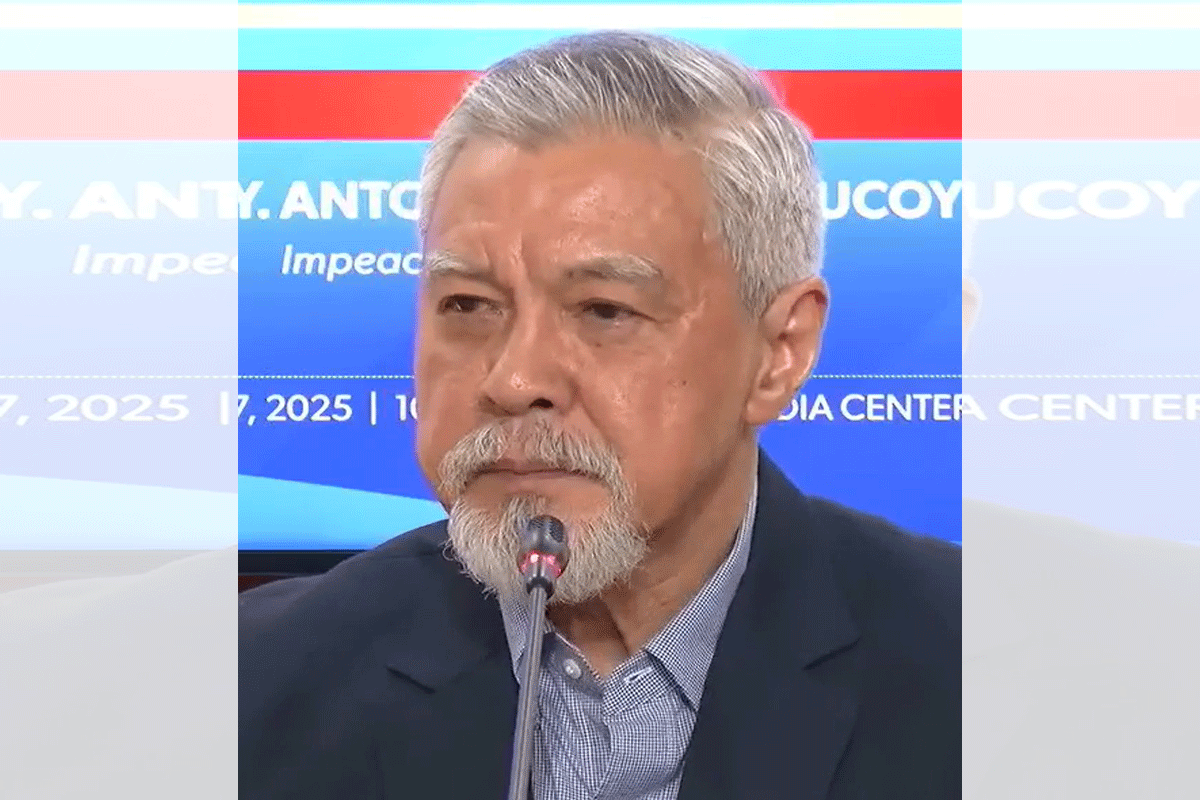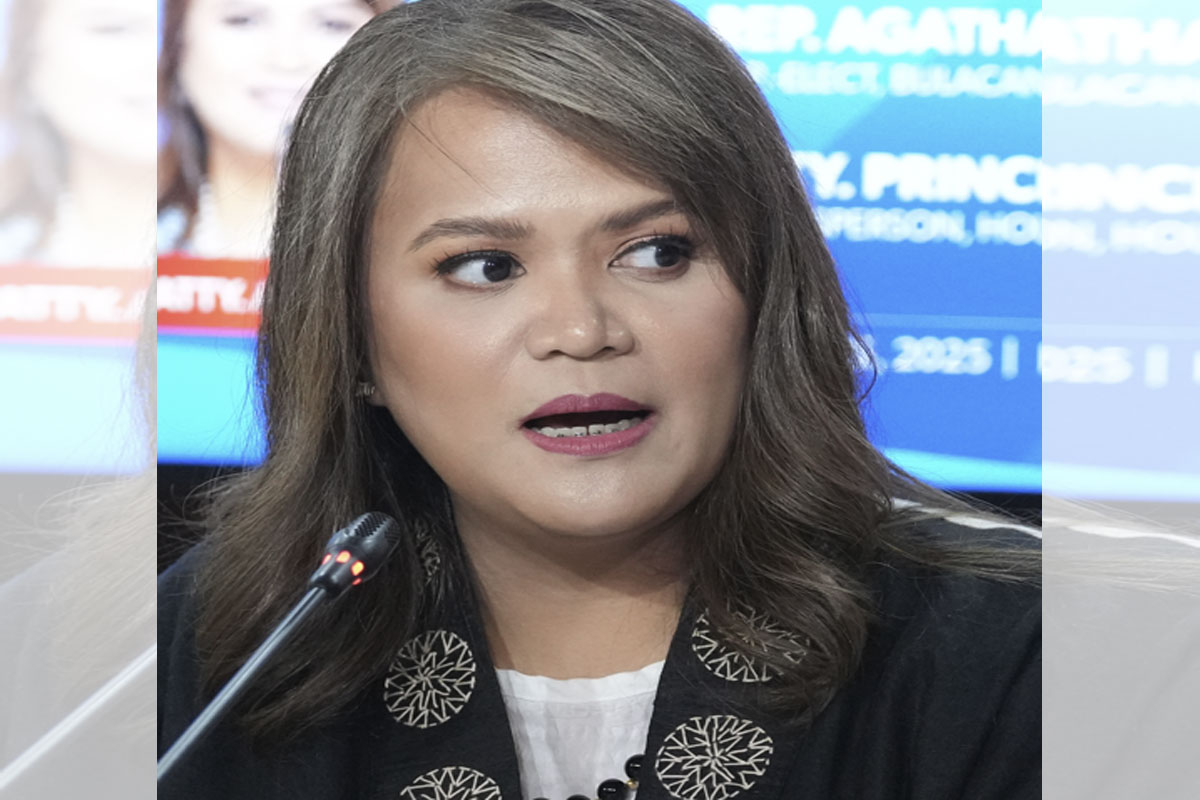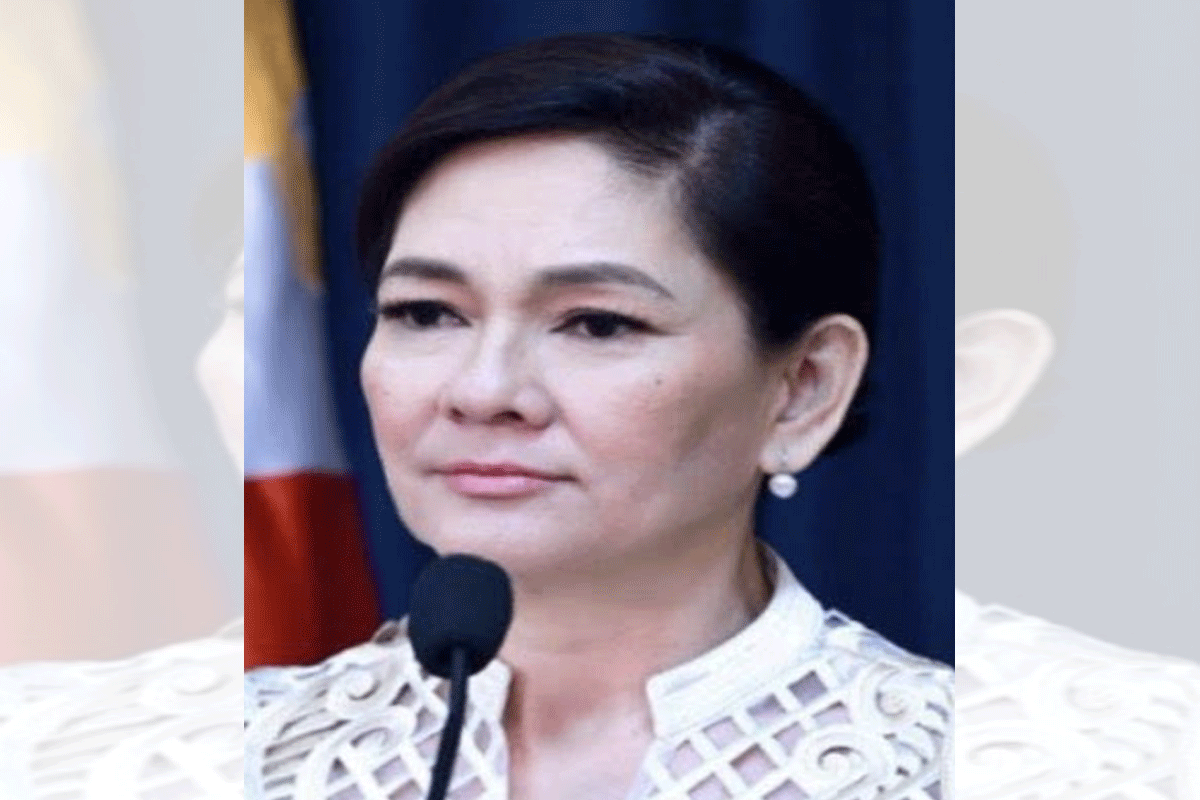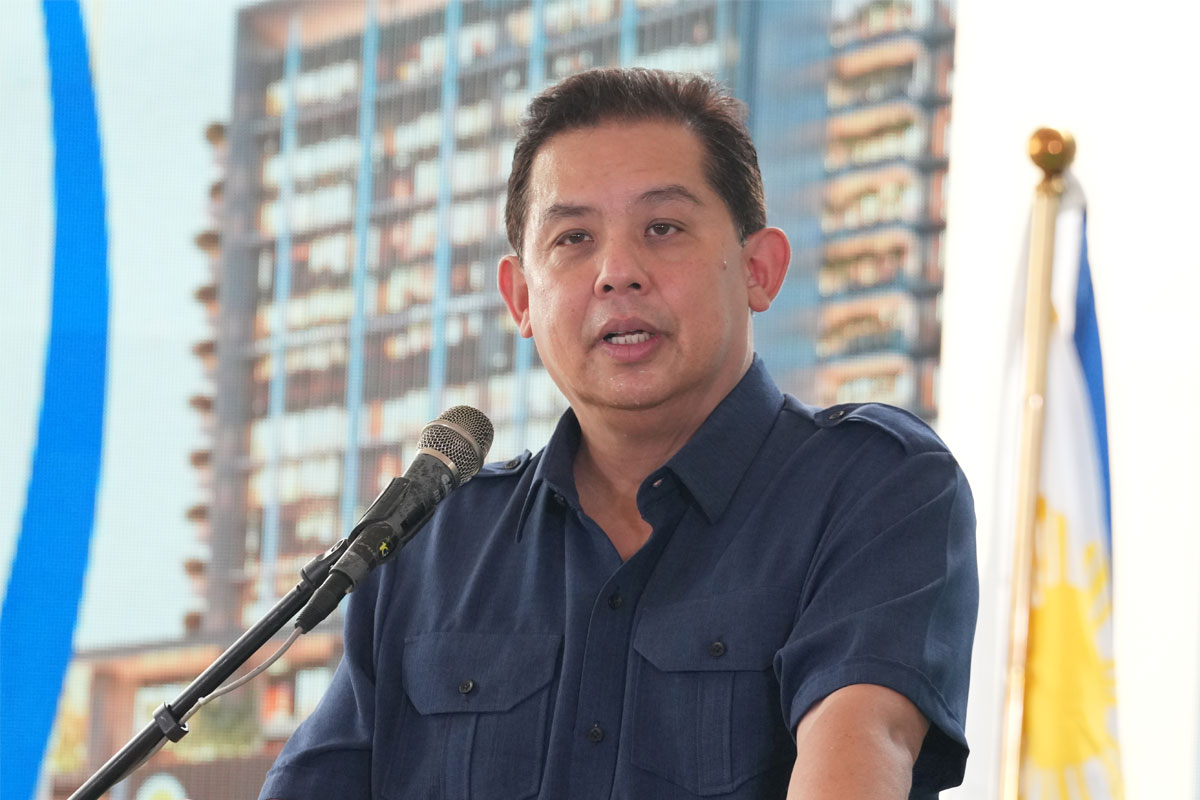Calendar
 Nagsagawa ang University of the Philippines College of Public Health (UP CPH) kamakailan ng webinar “Opportunities to Access Pneumococcal Vaccine in the Philippines” sa paglikha ng mas malawak na Pneumococcal Conjugate Vaccine (PCV) coverage sa bansa. Upper row, mula sa kaliwa: Dr. Lulu Bravo, Executive Director, Philippine Foundation for Vaccination and Convenor of the Vaccine Solidarity Movement; Dr. Vicente Y. Belizario, Jr., Dean and Centre Director, College of Public Health, University of the Philippines Manila, SEAMEO TROPMED; at Dr. Maria Rosario Z. Capeding, Pediatrician, Infectious Disease Specialist, Asian Hospital and Medical Center. Bottom row, mula kaliwa: Dr. Maria Margarita M. Lota, Project Leader, Assistant Professor and Chair, Department of Medical Microbiology, UP-CPH; at ANC anchor at event moderator Mimi Ong.
Nagsagawa ang University of the Philippines College of Public Health (UP CPH) kamakailan ng webinar “Opportunities to Access Pneumococcal Vaccine in the Philippines” sa paglikha ng mas malawak na Pneumococcal Conjugate Vaccine (PCV) coverage sa bansa. Upper row, mula sa kaliwa: Dr. Lulu Bravo, Executive Director, Philippine Foundation for Vaccination and Convenor of the Vaccine Solidarity Movement; Dr. Vicente Y. Belizario, Jr., Dean and Centre Director, College of Public Health, University of the Philippines Manila, SEAMEO TROPMED; at Dr. Maria Rosario Z. Capeding, Pediatrician, Infectious Disease Specialist, Asian Hospital and Medical Center. Bottom row, mula kaliwa: Dr. Maria Margarita M. Lota, Project Leader, Assistant Professor and Chair, Department of Medical Microbiology, UP-CPH; at ANC anchor at event moderator Mimi Ong.
HINILING ng medical experts, sa pangunguna ng mga researcher mula sa University of the Philippines College of Public Health (UP-CPH), Southeast Asian Ministers of Education Organization Tropical Medicine and Public Health Regional Centre for Public Health, Hospital Administration, Environmental and Occupational Health (SEAMEO TROPMED Philippines), ang pagrepaso sa 10-year-old pneumonia vaccine strategy nang sa gayon ay maprotektahan ang mga bata laban sa isa sa nangungunang killer diseases para sa mga bata.
Ang Philippines ay panlima sa buong mundo na may pinakamaraming pneumonia deaths.
Sa isang forum kamakailan, sinabi ni UP-CPH Dean at Centre Director Dr. Vicente Belizario, Jr. na may pangangailangang rebyuhin ang national strategy para sa pneumococcal conjugate vaccine (PCV) at i-update ang national formulary sa bansa na maaaring makaapekto sa pagtugon sa nagpapatuloy na public health challenge ng pneumonia.
“A strong national immunization program is one that is open to new scientific evidence for continuing enhancement of policy and service delivery,” paliwanag ni Belizario.
Tampok sa forum ang pagpapakalat ng resulta ng bagong UP-CPH study na nag-conclude na “a reassessment of PCV use in the National Immunization Program (NIP) with the inclusion of all three pneumonia vaccine formulations may be warranted.”
“We now have PCV choices that will provide us greater access and protection for more Filipino children. So let us have new available evidence for our health policy and decision-makers to consider when they reassess our vaccines being included in the NIP,” sabi ni research project leader at UP-CPH Department of Medical Microbiology Assistant Professor and Chair, Dr. Maria Margarita Lota.
Lumahok ang mga health expert na kumakatawan sa Department of Health (DOH), Philippine Foundation for Vaccination, at Vaccine Solidarity Movement sa forum kung saan ipinanukala ang mga konsiderasyon para sa lahat ng tatlong PCV vaccines na inirekomenda ng WHO para sa NIP base sa kasalukuyang ebidensiya.
Revisiting vaccine strategy
Magmula noong 2009, ang mga bakuna ay available para sa invasive pneumococcal disease (IPD) na sanhi ng Streptococcus pneumoniae sa mga sanggol at bata na may edad 6 linggo hanggang 2 taon. Gayunman, ang pneumococcal pneumonia ay nananatiling nangungunang sanhi ng pagkamatay sa mga sanggol at bata na may edad lima pababa, at third overall sa lahat ng edad, sumusunod lamang sa cardiac diseases at cancer. Ayon sa UNICEF, isang bata ang namamatay sa pneumonia kada 39 segundo.
Ang tatlong WHO-approved vaccines—PCV13 at dalawang uri ng PCV10: PHiD-CV at SIIL-PCV— ay magkakaiba sa kanilang direct protection sa serotypes o variations ng bacteria. Ang PCV13, ang kasalukuyang bakuna ng NIP, ay inirekomenda ng Formulary Executive Council noong 2014 base sa locally relevant serotypes.
Gayunman, sa ebidensiya ng WHO ay lumalabas na may malaking pagbabago sa epidemiology ng pneumococcal disease; na siyang basehan para repasuhin ang pagpili sa bakuna na may posibleng konsiderasyon sa mga bakunang nag-aalok ng napatunayang direktang proteksiyon laban sa umiiral na serotypes.
“Epidemiology is changing all the time,” sabi ni Dr. Rose Capeding, Pediatrician and Infectious Disease Specialist sa Asian Hospital and Medical Center. Ang kanyang presentasyon ay kinabilangan ng epidemiological data na nagpapakita na noong 2020, 100 serotypes ng bacteria na nagiging sanhi ng pneumococcal pneumonia ang natukoy.




